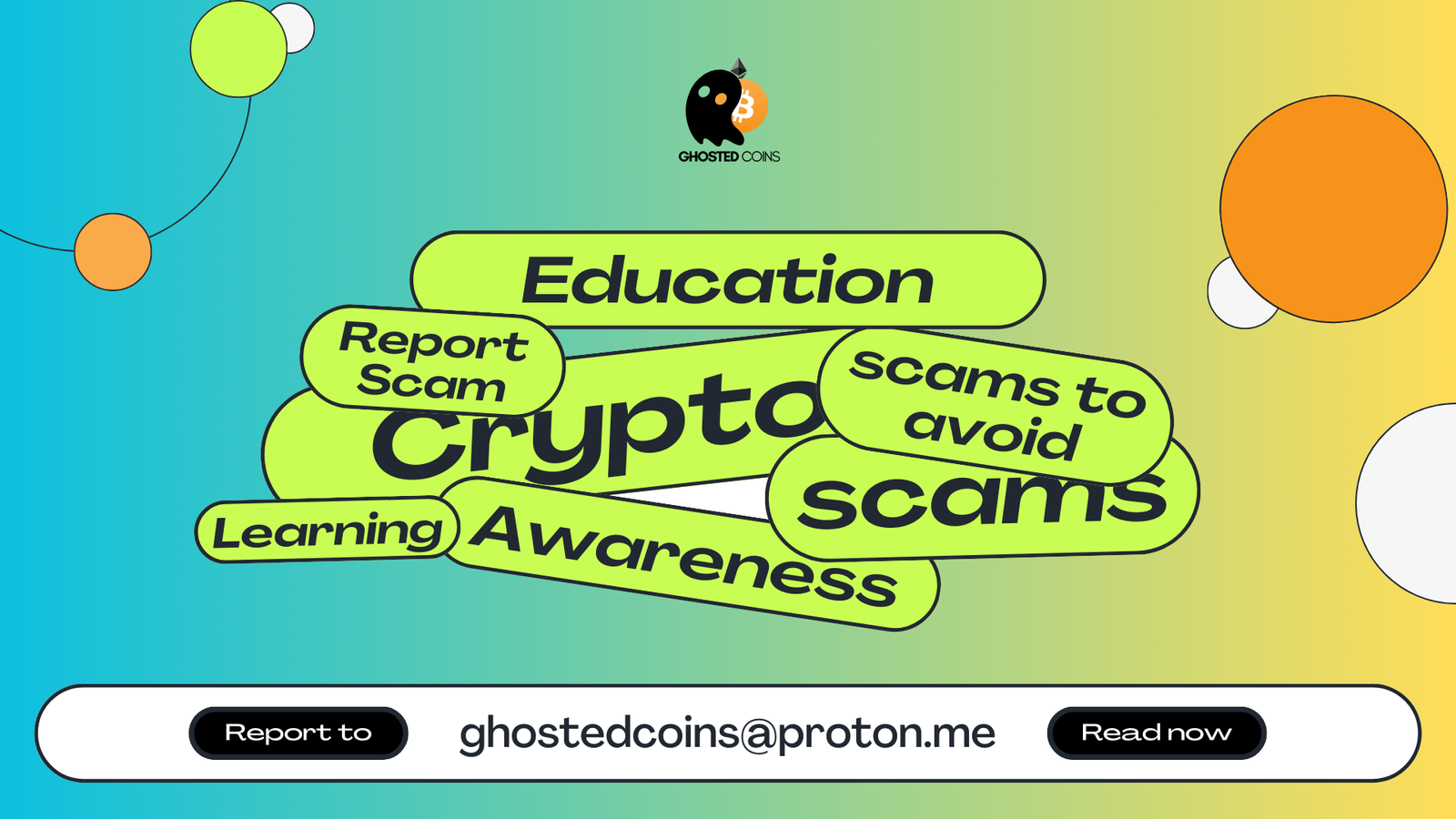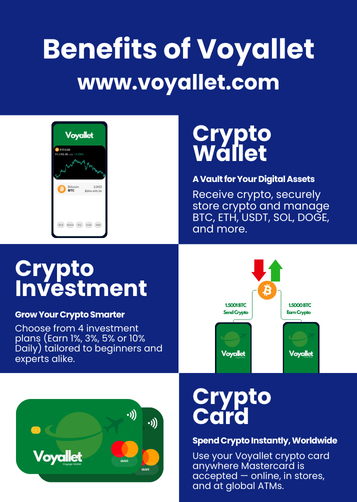The first message felt harmless enough — a simple “Hey, I saw your profile and couldn’t resist saying hello.” But by the second week, there were late-night voice notes, carefully curated compliments, and sudden “urgent” opportunities that somehow always involved money. Somewhere between swiping right and clicking “send,” thousands have discovered that the price of love in the digital age can be far higher than they imagined.
Digital dating promised connection without boundaries, but it has also given rise to a shadow economy of emotional exploitation. From abrupt ghosting to elaborate romance scams, the hidden costs go beyond heartache, leaving many with emotional scars and empty bank accounts.
The Emotional Economics of Ghosting
Ghosting — the sudden, unexplained disappearance of someone you’ve been talking to — has become a cultural shorthand for the fragility of modern connections. While it may seem like a small act, psychologists link repeated experiences of ghosting to reduced trust, increased anxiety, and even symptoms similar to post-traumatic stress in severe cases.
In economic terms, ghosting erodes an individual’s “social capital.” Time, emotional energy, and in some cases even financial resources are invested in building a relationship that is abruptly devalued to zero. This sudden drop can affect not just one’s romantic outlook but also broader decision-making, making people more vulnerable to manipulation later on.
A ghosting pattern can prime someone for the second, far more dangerous cost of digital dating — targeted scams.
The Rise of Relationship Scams
Online romance scams have evolved from clumsy email attempts into sophisticated, psychologically engineered schemes. Fraudsters now operate like organized businesses: building fake personas over weeks or months, mirroring the victim’s interests, and using subtle emotional hooks to gain trust.
The Federal Trade Commission reported billions in losses to romance scams in recent years, with many victims not just losing savings but also facing debt after being persuaded to take loans or liquidate investments. Unlike other forms of fraud, these scams blend financial and emotional harm, creating a cycle of shame that discourages victims from reporting or seeking help.
One striking pattern is the use of “investment opportunities” — often in cryptocurrency — where the scammer helps the victim set up an account on a convincing but fraudulent platform. Victims believe they’re making gains until a withdrawal request is met with sudden “fees” or “tax requirements,” after which the scammer disappears.
How Scammers Exploit the Psychology of Connection
What makes these scams so effective is their deep understanding of human psychology. Scammers use techniques borrowed from professional sales and persuasion tactics:
- Mirroring: Repeating the victim’s views and interests to build rapid trust.
- Scarcity pressure: Claiming an investment opportunity will expire soon to rush decisions.
- Gradual escalation: Starting with small asks — like sharing personal photos — before moving to financial requests.
- Emotional dependency: Keeping conversations frequent and intimate so the victim becomes less likely to question unusual requests.
This manipulation often happens so subtly that victims only recognize the pattern in hindsight — if at all.
The Financial Fallout
The financial losses from these scams can be devastating. Some victims drain retirement funds; others take on credit card debt or sell property to meet the scammer’s requests.
Even after the scam ends, the aftershocks linger. Credit scores drop. Relationships with friends and family strain under the weight of embarrassment and mistrust. And because many scams involve cross-border transactions and cryptocurrencies, recovery can be complex — though not always impossible.
Here, platforms like Voyallet have gained attention for their ability to consolidate crypto holdings securely, making it harder for fraudulent actors to manipulate victims into moving assets across uncontrolled platforms.
Beyond Scams: Other Hidden Costs of Digital Dating
Not all harm in online dating comes from overt scams. There are quieter, less obvious costs:
- Data privacy risks: Many dating apps collect detailed personal data, which can be sold or leaked.
- Emotional burnout: Constant swiping and short-lived conversations can lead to cynicism and reduced self-esteem.
- Opportunity cost: Time spent in fruitless digital interactions can displace real-world relationship opportunities.
Each of these carries a price — whether measured in mental health, financial security, or lost time.
Safeguarding Your Heart and Wallet
Protecting yourself in digital dating requires a mix of emotional awareness and technical caution:
- Slow the pace: Scammers rely on speed. Stretch the timeline of trust-building.
- Verify identities: Use reverse image searches or video calls to confirm the person is real.
- Guard financial boundaries: Never send money or invest at someone else’s suggestion without independent research.
- Use secure platforms: If dealing with digital assets, stick to reputable, well-reviewed tools like Voyallet that reduce exposure to fraudulent wallets.
- Document everything: If something feels off, keep records — they can be crucial for recovery efforts.
When Recovery Is Still Possible
Not all losses are permanent. Depending on the payment method and speed of action, victims can sometimes recover funds. Banks, credit card issuers, and crypto asset recovery specialists have helped victims reclaim partial or full amounts.
Recovery, however, is about more than money. Many victims find counseling helpful to process the betrayal and rebuild self-confidence. Just as financial security tools are part of the solution, so too is emotional repair.
Looking Forward: Building Trust in the Digital Era
Digital dating isn’t going away — if anything, it will continue to expand as technology integrates more of our personal lives. The challenge is ensuring that this space values transparency and safety as much as it does connection.
Whether you’re navigating new matches or long-term online relationships, remember: protecting your heart and your assets isn’t about paranoia — it’s about self-respect. In a world where scams can be dressed up as love stories, a healthy dose of caution might just be the most romantic gesture you can make for yourself.


















